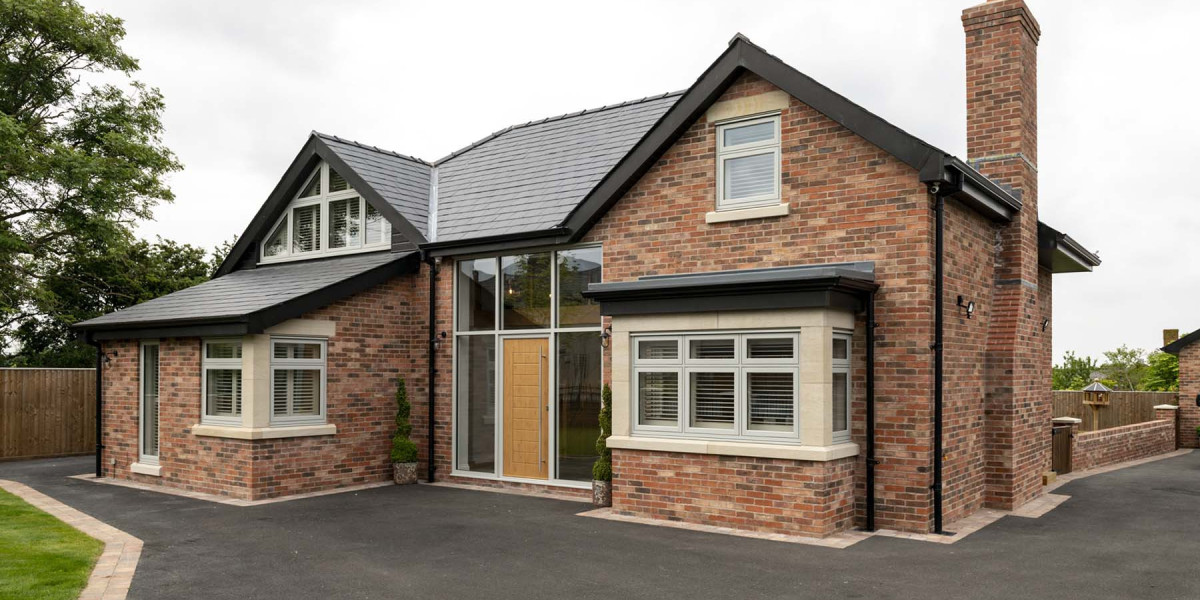WPC (Wood-Plastic Composite) doors have emerged as a smart alternative to traditional wooden doors, combining the strength of wood fibers with the resilience of polymers. This innovation results in a door that resists moisture, termites, and warping — ideal for modern homes, especially in humid or high-traffic areas. Inside a professional WPC Door Factory , advanced technology and material science work together to create doors that offer both performance and design versatility.
The manufacturing process begins with the precise blending of wood powder and thermoplastic resins. This composite material is engineered to create a dense, uniform core with enhanced strength and weather resistance. Once mixed, the blend is extruded into flat panels or molded into door profiles using high-temperature processing. The extrusion step ensures dimensional stability and allows for large-scale consistency — a key benefit over natural wood, which is prone to expansion or shrinkage.
After shaping, the doors are cooled, trimmed, and sanded to achieve smooth edges and surfaces. Depending on the factory's design capabilities, decorative textures, grain patterns, or grooved details can be integrated directly into the surface during molding or added later using hot-press lamination. This makes WPC doors highly customizable in terms of appearance while maintaining uniform structural integrity.
Finishing options include laminates, PVC film, or water-based paint coatings, which provide aesthetic appeal as well as additional protection. One standout feature of WPC doors is their resistance to water — making them ideal for bathrooms, kitchens, and coastal environments. Since they don’t absorb moisture like traditional wood, issues such as swelling, mold, or peeling are virtually eliminated.
Hardware installation is also streamlined in WPC door manufacturing. Most products are designed to accommodate standard locksets and hinges, and the dense core allows for secure fastening. Pre-machining options offered by the factory reduce the time and effort required during installation on-site.
By combining eco-friendly materials, automated processes, and design flexibility, a WPC door factory delivers products that are as practical as they are stylish. These doors cater to homeowners, builders, and designers looking for a low-maintenance, long-lasting alternative to solid wood.
To explore modern WPC door solutions engineered for durability and performance, visit haibodoor.com and find the right fit for your space.

